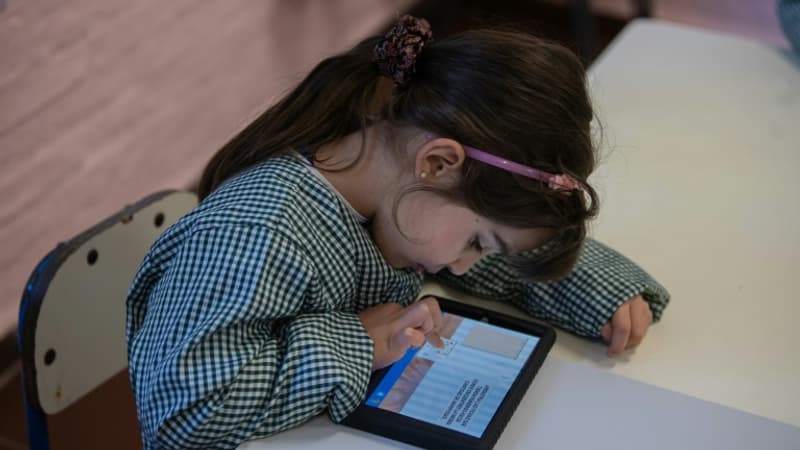It’s not just influencers who expose their children on social media. In order to ensure respect for the image rights of minors, Bruno Studer, Renaissance MP for the Lower Rhine, has tabled a bill. The aim is to make parents aware of the protection of children’s privacy.
Whether it’s to gain more popularity on a social network or simply to keep your family informed, sending photos of a child carries risks. To prevent these images from feeding child pornography networks or tarnishing a person’s reputation in the future, it helps to ask yourself a few questions when posting the photos.
Could my son blame me for this photo?
Everyone has the right to the image. Therefore, in order to distribute a photo of a person on the Internet, his consent is required. For a child, it is her parents who must provide this authorization. But when they are the ones at the origin of the publications, it is important to take into account the interest of their descendants.
As an adult, a child can turn against his parents for distributing or posting images without their consent. Many cases have already been identified around the world. In 2016, an 18-year-old Austrian woman attacked her parents for sharing numerous photos of her on Facebook.
In France, such a case would constitute a violation of privacy. The parents would thus risk a year in jail and up to a 45,000-euro fine. Since October 19, 2020, French law also regulates the activity of children under 16 years of age in the context of the dissemination of images on online platforms.
Is the person highlighted by this image?
When posting or sharing a snap, parents should keep in mind the impact it may have in the future. As cyberbullying continues to increase, images of someone taken from their past can be laughed at. Therefore, embarrassing situations should be avoided.
Even without being mocked, each publication on the internet feeds a person’s e-reputation. All images uploaded by parents will create a digital liability for their children to bear in the future.
Is the cliché likely to be hijacked?
One of the biggest risks for a child image is ending up on a child pornography site. According to Deputy Bruno Studer: “50% of the photographs that are exchanged on child pornography forums were initially published by parents on their social networks.”
Here again, it’s about taking a step back from the nature of the snapshot taken before posting it. A naked body, in a bathing suit or bodysuit will attract malicious people. Child offenders are also likely to misuse sporting activities or artistic performances.
To prevent an image from falling into the wrong hands, it is recommended to limit the scope of a post. Depending on the platform, it is possible to give access to a post only to close friends or subscribers, making it inaccessible to the majority.
During the Paris Peace Forum in November, Emmanuel Macron brought together digital actors to launch an online child protection lab. Bringing together platforms, countries and NGOs, it aims, in particular, to fight against the sharing of intimate images without consent or the harassment of minors.
Source: BFM TV


